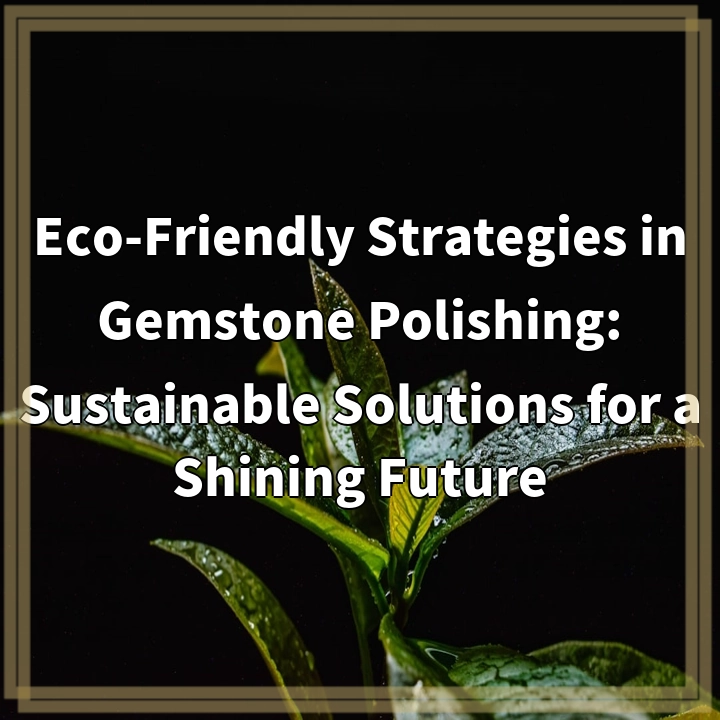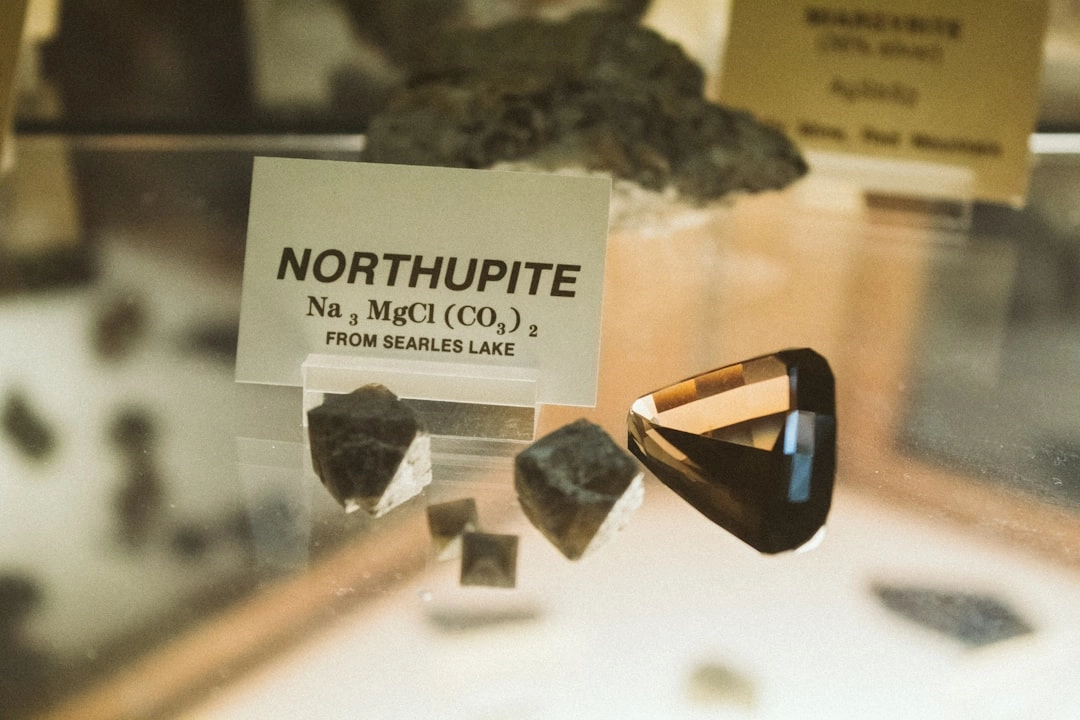
What are Eco-Friendly Strategies in Gemstone Polishing?
Gemstone polishing is a process that transforms rough gemstones into beautiful, sparkling gems. Traditionally, this process has involved the use of harmful chemicals, intensive water consumption, and energy-intensive machinery. However, eco-friendly strategies in gemstone polishing aim to reduce the negative environmental impact of this practice while still achieving high-quality results.
Real-World Problems Associated with Traditional Gemstone Polishing
Unfortunately, traditional gemstone polishing practices contribute to a range of environmental and social issues. Here are some of the key challenges:
1. Chemical Pollution:
Traditional gemstone polishing often involves the use of harsh chemicals like sulfuric and hydrochloric acids. These chemicals can have a detrimental impact on water bodies and surrounding ecosystems when they are not disposed of properly.
2. Water Consumption:
Gemstone polishing requires a significant amount of water, both for cutting and polishing the stones and for washing away the debris. In regions with water scarcity, this excessive water usage can exacerbate the already strained resources.
3. Energy Intensity:
The machinery used in traditional gemstone polishing consumes high amounts of electricity, contributing to greenhouse gas emissions and climate change. Energy-intensive processes also result in higher operational costs for gemstone polishing facilities.
4. Occupational Hazards:
Gemstone polishers often work in hazardous conditions without adequate safety measures. Dust generated during the polishing process can lead to respiratory issues, while exposure to some chemicals used in polishing can pose health risks for workers.

Sustainable Solutions for Eco-Friendly Gemstone Polishing
Addressing the real-world problems associated with traditional gemstone polishing requires the adoption of sustainable strategies. Here are some key solutions:
1. Chemical Substitutes:
Exploring alternative chemical compounds or natural substances can help reduce the use of harmful chemicals in gemstone polishing. For example, eco-friendly alternatives like baking soda or plant-based solutions can be used to achieve similar polishing results.
2. Water Recycling and Conservation:
Implementing water recycling systems can significantly reduce water consumption in gemstone polishing. Additionally, adopting practices such as using water-efficient machinery, collecting and reusing wastewater, and raising awareness among workers about the importance of water conservation can have positive environmental impacts.
3. Energy-Efficient Technology:
Investing in energy-efficient machinery and technologies can help minimize the carbon footprint of gemstone polishing facilities. By opting for equipment with lower energy consumption and exploring renewable energy sources, such as solar power, the industry can reduce its reliance on fossil fuels and decrease greenhouse gas emissions.
4. Safe Working Conditions:
Ensuring proper ventilation and providing personal protective equipment (PPE) can help protect gemstone polishers from the health hazards associated with dust and chemicals. It is crucial to prioritize the occupational safety and well-being of workers by implementing training programs and monitoring compliance with safety standards.
5. Transparency and Ethical Sourcing:
Gemstone polishing facilities can promote transparency in their supply chains by sourcing gemstones from ethical mines and practicing fair trade. By working with suppliers who adhere to responsible mining practices and respect workers’ rights, the industry can contribute to social and environmental sustainability.















